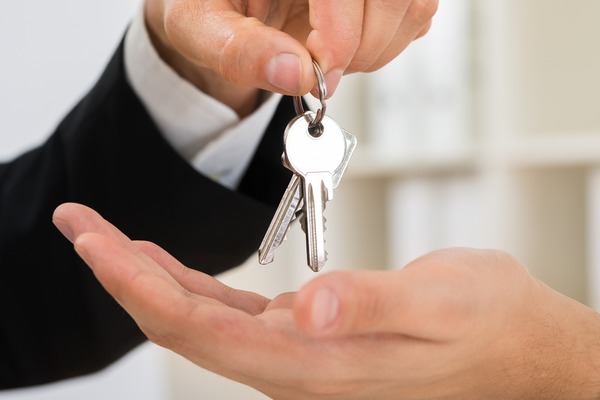Closing The Deal
We're Almost There
A closing is the meeting where the Buyer & Seller and their agents, and a representative from the lending and title companies gather for the actual transfer of title to the property. The title company transferring ownership of the property to you will prepare a new deed. Your lender will require you to sign a document, usually a promissory note, as evidence that you are personally responsible for repaying the loan. You will also sign a mortgage or deed of trust on the property as security to the lender for the loan. This deed of trust gives the lender the right to sell the property if you fail to make the payments.
The ultimate goal in the closing process is to transfer the title of ownership from the seller to the buyer. All issues with deposits, loan approval, inspections, and addendum requirements should have already been addressed. In an organized closing, there should be no surprises just simply signing and processing paperwork for the lender to allow the buyer to become the new homeowner. As the buyer, some of the basic documents you might see will be the mortgage note, mortgage deed, closing statement (HUD-1), buyers funding check, financial status affidavit, and primary residence statement.
Closing Costs
There are certain standard costs associated with closing the sale of a house in Brevard County. These costs (also known as fees) are split between the buyer and the seller, as spelled out in the sales contract. These fees must be paid in full in cash at the time of the final settlement. Many times you are able to include these in your financing. Typically, total-closing costs will range between 2.0 - 6% of your mortgage loan there are certain standard costs associated with closing the sale of a house. These fees are split between the buyer and the seller, as spelled out in the sales contract.
At the Closing Table
Be sure you have already inspected the house one last time to make sure everything is the way you expect it to be. If there has been any damage to the property the seller must fix it before the closing. Make sure the seller (and all his/her furnishings and trash) will be out of the house prior to closing (unless other arrangements have been agreed to in writing). Double-check the TIME, DATE, and PLACE of the closing. Obtain a paid insurance policy (or binder) for the house. Gather any receipts for other items you may already have paid for, such as your deposit on the house, mortgage application fees, and inspection fees. Bring enough money for all the closing costs. Check with the lender (or closing agent) to find out how much money you will need for "closing costs". Payment must be certified funds, a cashier's check or money order.

